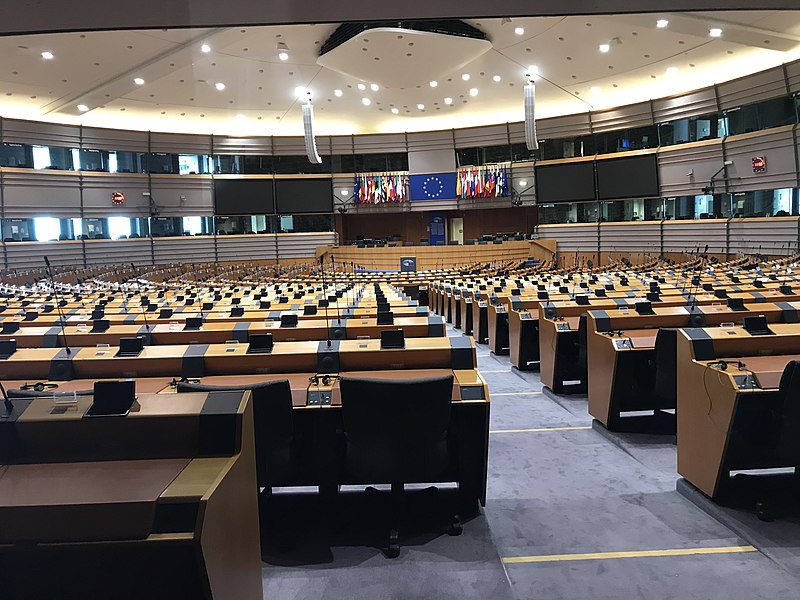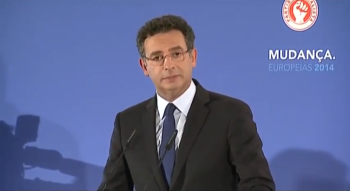
The European Parliament has taken a significant step toward safeguarding democracy with the establishment of the European Democracy Shield (EUDS), a special committee
formed in December 2024 to counter foreign information manipulation and interference (FIMI). As outlined in a recent European Parliament report, the EUDS seeks to preserve the fairness and integrity of elections, support independent media, and protect civil society across the European Union. This initiative comes at a critical time, as the EU faces growing challenges from disinformation, cyberattacks, and political polarization that threaten democratic processes.
The EUDS builds on the Polish EU Presidency’s efforts, which concluded in June 2025 and placed the resilience of democracy at the forefront of the EU’s agenda. The presidency emphasized the role of civil society in combating polarization and radicalization, a priority now carried forward by the incoming Danish EU Presidency. The Danish approach focuses on leveraging media and culture to bolster democratic resilience, highlighting the importance of a whole-of-society strategy. The EUDS is actively collaborating with the European Commission to develop policies that address these threats, drawing on insights from recent elections in countries like Romania and Portugal.
A key concern for the EUDS is the increasing sophistication of foreign interference operations, including those linked to Russia, which have targeted European elections. For instance, the EU detected 42 incidents of Russian-linked interference during the 2024 European Parliamentary elections, with tactics like the “Doppelganger” campaigns impersonating legitimate media websites to spread disinformation. These efforts peaked in the weeks leading up to the vote and continued afterward, underscoring the need for robust countermeasures.
















